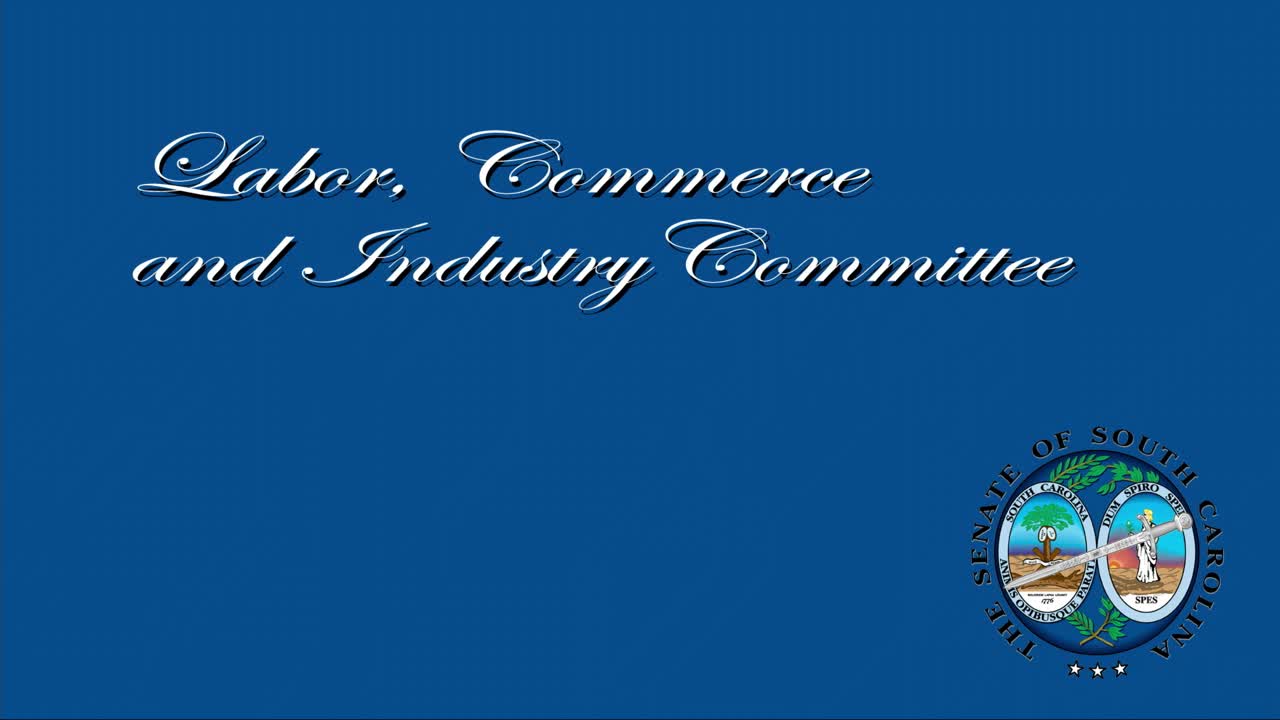Subcommittee pauses bill that would let nonprofits list detailed demographics in incorporation filings
Get AI-powered insights, summaries, and transcripts
Subscribe
Summary
A Senate Labor, Commerce and Industry subcommittee heard testimony on a bill that would allow nonprofits to include demographic details of executives in incorporation and charity registration documents.
A Senate Labor, Commerce and Industry subcommittee heard testimony on a bill that would allow a nonprofit or other entity soliciting charitable funds to include demographic details — age, education, ethnicity, gender, race, salary, disability status, military service and branch, first language and years of leadership — for its executive director, chief operating officer, president and founder in articles of incorporation and charity registration forms.
The bill’s language was outlined by a staff presenter at the start of the meeting. Melissa Dunlap, deputy secretary of state and chief counsel, told the subcommittee the Secretary of State’s office enforces charity solicitation registration and has concerns about the proposed data collection and retention.
Dunlap said the office currently holds basic entity data (name, type, status) and that the new demographic fields would be considered personally identifying information. She noted the office’s privacy policy follows what she described as the “South Carolina Bridal Protection Act” and warned that the proposed change could create privacy risks, increase exposure to identity theft and require major system changes and encryption for both online and paper filings. Dunlap also pointed out filing practices vary: not every one of the roughly “90,568 nonprofits” and “over 17,600 charities” on file would necessarily supply the optional fields, which would limit the usefulness of any resulting dataset.
Senators on the subcommittee asked whether the Secretary of State would merely store the filed document image or also index and make the added fields searchable. Dunlap replied that the office’s online filing system stores entered data and that paper submissions are imaged and then manually entered by staff; she said the office lacks fields and reporting tools to reliably pull aggregated reports of the new demographic elements without reworking databases and processes.
Committee members said they were unclear about the underlying policy goal of the bill and suggested the sponsor from Richland be asked to explain the need before the subcommittee acts. One senator said the data could be found on nonprofit websites and questioned why it should be made a state-record requirement. Another member asked staff to consider whether data collectors such as TogetherSC or nonprofit councils might be better sources for researchers.
The subcommittee agreed to carry the bill over to seek clarification from the bill sponsor and to allow more information about purpose, scope and system impacts to be provided to members prior to further action. No formal vote on adoption was recorded.
The matter will be re‑listed only after the sponsor or other proponents explain the statutory purpose and how privacy, identity‑theft risk and fiscal impacts would be addressed.
